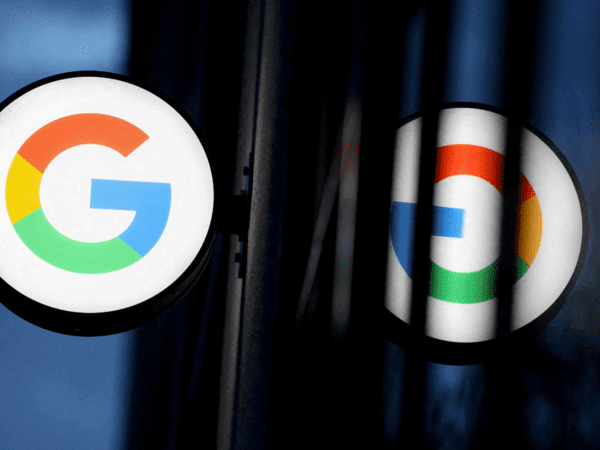In a momentous ruling that might change the legal landscape of internet advertising, the Delhi High Court found that Google’s Ads Program is inside the ambit of the country’s Trademarks Act.
The judgment (PDF), delivered last week by a division bench of Justice Vibhu Bakhru and Justice Amit Mahajan, stated that Google was an “active participant” in the usage of proprietors’ trademarks. Google’s practice of recommending competitors’ trademarks as keywords to advertisers resulted in considerable earnings for the search engine giant through keyword sales.
A complaint by logistics firm DRS prompted this case, claiming that searches for its trademark “Agarwal Packers and Movers” produced competitor websites. DRS claimed that Google’s ad strategy used its trademark to redirect customers to competing websites.
The division bench upheld the initial ruling and required Google to address DRS’s complaints and remove objectionable ads. This decision suggests that platforms like Google must constantly develop new procedures to address such trademark threats.
Also, see:
Tesla reassures Chinese users on data security amid Spying concerns
Better.com is officially going public
“One of the worst ways to spend money as a business is to advertise against your own keywords,” said Nithin Kamath, founder, and CEO of trading platform Zerodha, in a post on Elon Musk’s X. “Businesses do this because if they don’t, competitors who advertise for their keywords show up above them in search results. So if you search for Zerodha, an ad from a competitor might show up above the organic search result. Many times these ads can be deceiving as well. This perverse situation was the result of the lack of trademark protection.”
The court’s ruling that Google is not a “passive intermediary” but rather runs an advertisement business over which it has “pervasive control” is a big setback for the digital behemoth.
“Merely because the said business is run online and is dovetailed with its service as an intermediary, does not entitle Google to the benefit of Section 79(1) of the IT (Information Technology) Act, in so far as the Ads Programme is concerned,” the bench ruled.
While Google argued that its position as an intermediary entitled it to safe harbor,’ the bench said the prior single judge’s order, which suggested that the “benefit of safe harbor under Section 79(1) of the IT Act would not be available to it” if they were found guilty of trademark infringement, was not an issue.
Currently, this is one of Google’s largest markets and the decision puts a pall on the tech giant’s ad operations.


















